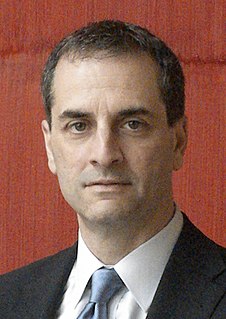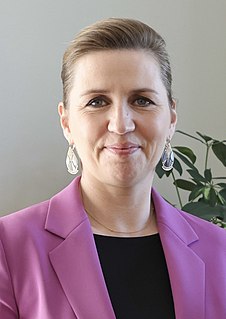A Quote by Suzanne Nossel
To advance from a nuanced dissent to a compelling vision, progressive policymakers should turn to the great mainstay of twentieth-century U.S. foreign policy: liberal internationalism... (which) should offer assertive leadership - diplomatic, economic, and not least, military - to advance a broad array of goals.
Related Quotes
The American tradition of foreign policy exceptionalism, our grand strategy as a nation, reaches back much further. Really at the turn - the end of the 19th century, when we achieved power a generation after the Civil War, the outlines of an American vision came into focus, and what we - it was based on two things. One, our realization that our values and our interests were the same, and that our business interests would advance as our values advanced in the world.
Foreign policy always has more force and punch when the nation speaks with one voice. To remain secure, prosperous, and free, the United States must continue to lead. That leadership requires a president and Congress working together to fashion a foreign policy with broad, bipartisan support. A foreign policy of unity is essential if the United States is to promote its values and interests effectively and help to build a safer, freer, and more prosperous world.
































